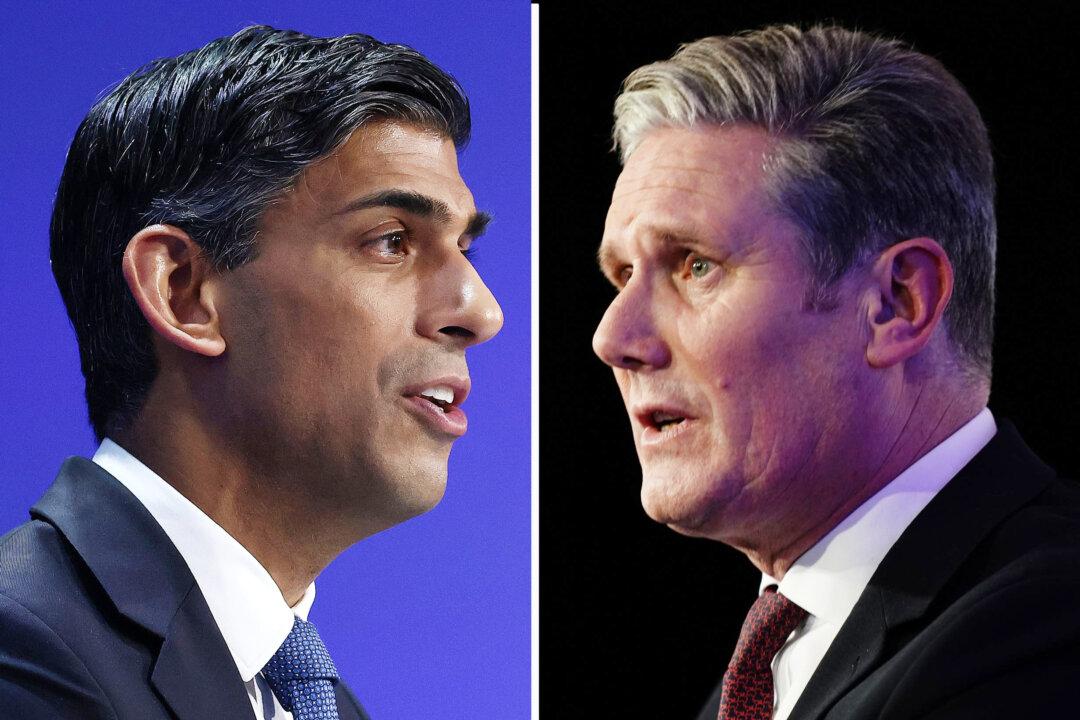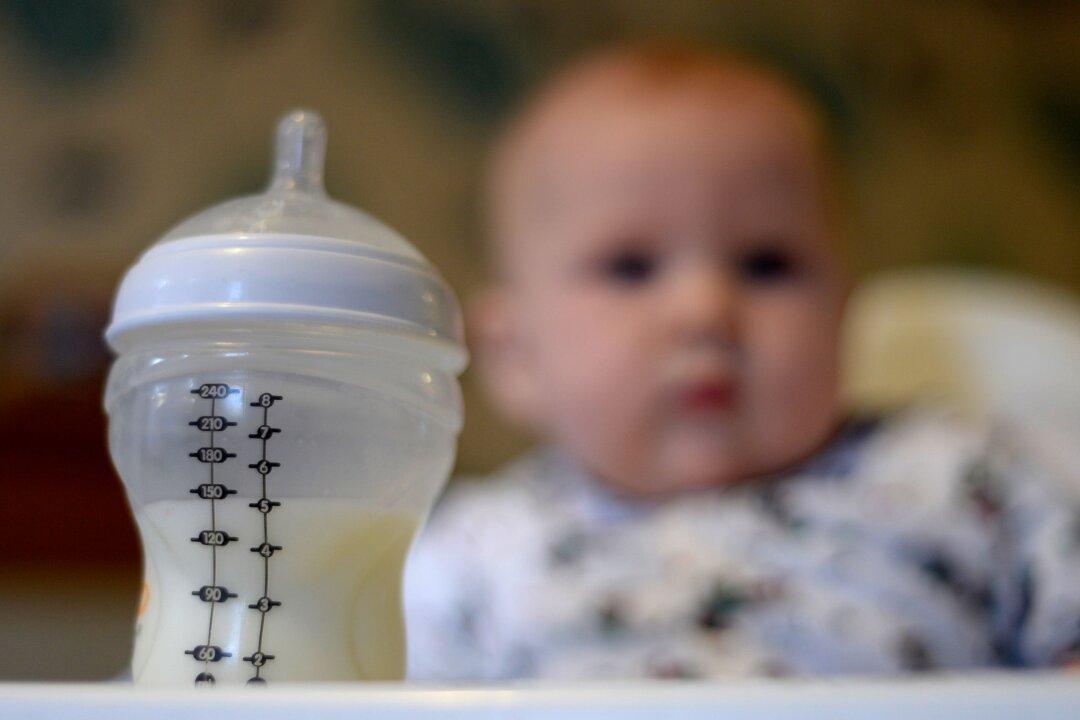Several public services are at risk of suffering “sharp cuts” under either a future Labour or Conservative government, according to the Institute for Fiscal Studies (IFS).
The IFS said the manifestos of the major parties provided little information about the funding outlook for individual services, which makes it easier for them to stay silent on the cuts to unprotected budgets.




